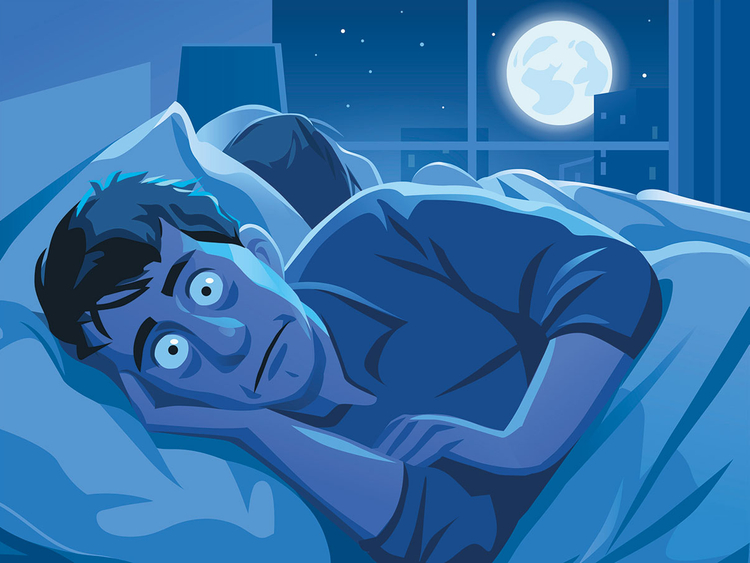
If you struggle to fall asleep at night, you might be wondering if a medical condition is to blame. Many people are quick to jump to a diagnosis of insomnia, but this might not always be correct.
While a short bout of sleeplessness might be inconvenient and make you feel sluggish throughout the day, it isn’t always insomnia. Sometimes, it could be something as simple as an annoying neighbour keeping you awake. Or perhaps you’ve simply had too much coffee close to bedtime.
Insomnia is a fairly common condition which will affect around half of all adults at some point in their lifetime. Medically, insomnia is a sleep disorder which can be caused by a number of factors. Stress, medications and diet can cause insomnia. Insomnia can also affect postnatal women, or it could be linked to a medical condition such as Parkinson’s Disease.
Whatever the causes, the important thing to remember about insomnia is that help is out there. Read on to discover more about the symptoms and causes of insomnia and some popular remedies.
Many people assume that difficulty falling asleep is the only symptom of insomnia, but there are a few other things to look out for. Some people struggle to fall asleep while others struggle to stay asleep. You might wake in the middle of the night and struggle to fall back to sleep. Or you might wake up earlier than planned.
Whatever your specific type of insomnia, the result will always be that you aren’t getting enough sleep. And this can come with its own band of unpleasant symptoms. These include:
Not getting enough sleep at night will have a knock-on effect on your quality of life. Insomnia can also compound the problems which cause it. For example, if anxiety is giving you insomnia, insomnia can also give you anxiety. This can lead to a feeling of helplessness and depression.
Insomnia is often defined as either acute or chronic. Acute insomnia is brief and will often resolve on its own. Acute insomnia might last one or two days and might be triggered by a life event such as an upcoming exam or work presentation.
Chronic insomnia is defined by an ongoing period of sleeplessness. You would have to have insomnia three nights a week for at least three months for it to be defined as chronic. Chronic insomnia will often need to be treated with either behavioural, psychological or medical intervention.
In addition to acute and chronic insomnia, there are three other types of insomnia you need to know about. These are comorbid insomnia, onset insomnia and maintenance insomnia.
Comorbid insomnia means that it is linked to another medical condition. Anxiety and depression are commonly linked to insomnia, but it can also be linked to chronic pain conditions. If you have arthritis or back pain, you might also suffer from chronic insomnia.
Onset insomnia means that you have difficulty falling asleep at night while maintenance insomnia means that you struggle to stay asleep. If you are seeking medical treatment, it’s important to understand which one relates to you.
The first step is to visit your doctor to discover if your insomnia is linked to any other medical conditions. They may also be able to give you advice on lifestyle changes which can help to alleviate your insomnia.
If you want to treat your insomnia at home, you could consider things like meditation and gentle exercise before bed. You could also explore health supplements such as CBD One cannabis oil. This is an isolated compound of the cannabis plant which does not get you high. Instead, it supports the endocannabinoid system which is responsible for maintaining your sleep patterns.
If your insomnia is linked to your diet, you may want to consider cutting out things like caffeine and fatty foods to find out if this helps you.
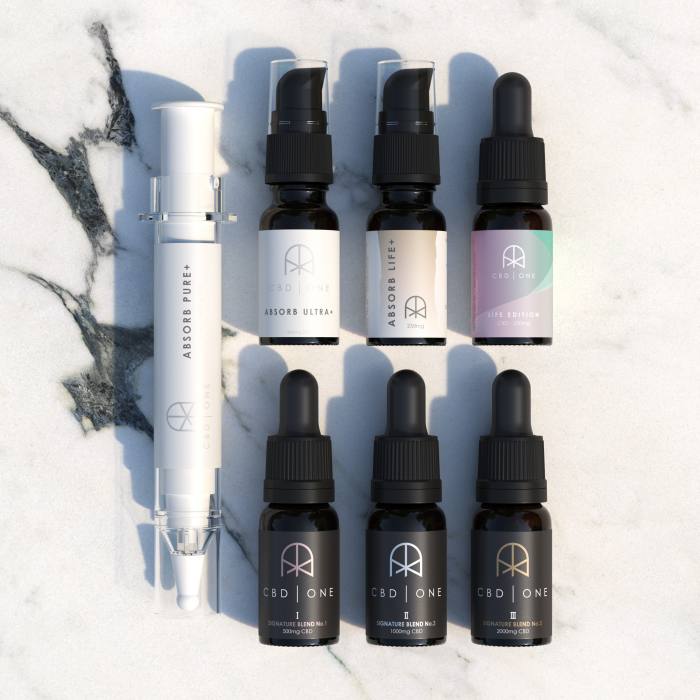

Bioavailability:?Bioavailability | 99% |
CBD content:?CBD content | 800mg | 1600mg | 4000mg |
Cannabinoid spectrum:?Cannabinoid spectrum | Full |
| Daily use: | Once daily |
Best for:?Best for | Powerful water-soluble option |
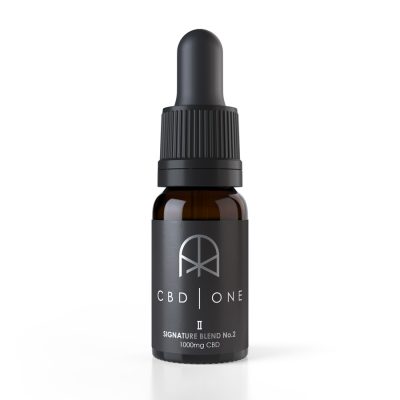
Bioavailability:?Bioavailability | 12 % |
CBD content:?CBD content | 1000mg | 2000mg | 5000mg |
Cannabinoid spectrum:?Cannabinoid spectrum | Full |
| Daily use: | 1-3 times |
Best for:?Best for | All round oil |
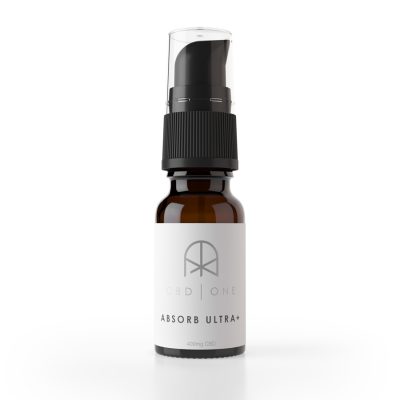
Bioavailability:?Bioavailability | 99% |
CBD content:?CBD content | 400mg | 800mg | 2000mg |
Cannabinoid spectrum:?Cannabinoid spectrum | Full |
| Daily use: | Once daily |
Best for:?Best for | Great all-rounder |
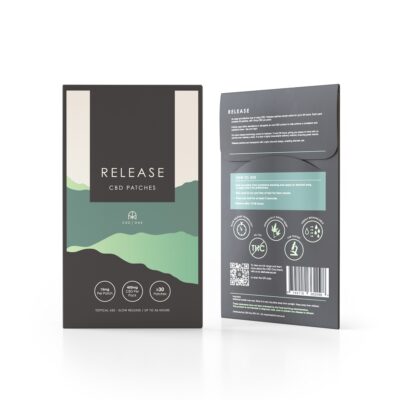
Bioavailability:?Bioavailability | 40%+ |
CBD Content:?CBD Content | 450mg | 900mg | 1350mg |
Cannabinoid spectrum:?Cannabinoid spectrum | Pure CBD |
| Daily use: | Once |
Best for:?Best for | Round the clock super-effective dosing |